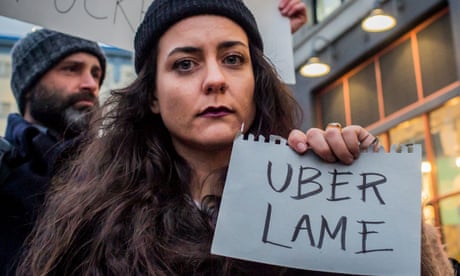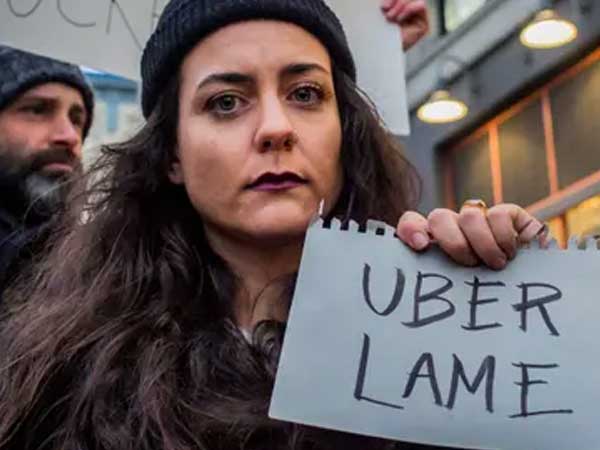Facebook and Google have become “obstacles to innovation” and are a “menace” to society whose “days are numbered”, said billionaire investor and philanthropist George Soros at the World Economic Forum in Davos on Thursday.
“Mining and oil companies exploit the physical environment; social media companies exploit the social environment,” said the Hungarian-American businessman, according to a transcript of his speech.

“This is particularly nefarious because social media companies influence how people think and behave without them even being aware of it. This has far-reaching adverse consequences on the functioning of democracy, particularly on the integrity of elections.”
In addition to skewing democracy, social media companies “deceive their users by manipulating their attention and directing it towards their own commercial purposes” and “deliberately engineer addiction to the services they provide”. The latter, he said, “can be very harmful, particularly for adolescents”.
Tech’s terrible year: how the world turned on Silicon Valley in 2017
Read more
“The power to shape people’s attention is increasingly concentrated in the hands of a few companies. It takes a real effort to assert and defend what John Stuart Mill called ‘the freedom of mind’. There is a possibility that once lost, people who grow up in the digital age will have difficulty in regaining it. This may have far-reaching political consequences.”
Soros warned of an “even more alarming prospect” on the horizon if data-rich internet companies such as Facebook and Google paired their corporate surveillance systems with state-sponsored surveillance – a trend that’s already emerging in places such as the Philippines.
“This may well result in a web of totalitarian control the likes of which not even Aldous Huxley or George Orwell could have imagined,” he said.
The companies, which he described as “ever more powerful monopolies” are unlikely to change their behaviour without regulation. Advertisement
“The internet monopolies have neither the will nor the inclination to protect society against the consequences of their actions. That turns them into a menace and it falls to the regulatory authorities to protect society against them,” he said.
He said Davos was a good place to announce: “Their days are numbered.”
He also echoed the words of world wide web inventor Sir Tim Berners-Lee when he said the tech giants had become “obstacles to innovation” that need to beregulated as public utilities “aimed at preserving competition, innovation and fair and open universal access”.
During the same speech, Soros also criticised Donald Trump’s leadership, saying he had put the US on course for a nuclear war with North Korea.
Soros is the latest high-profile business person to speak out about these internet platforms at Davos. Earlier this week, Salesforce’s chief executive, Marc Benioff, said that Facebook should be regulated like a cigarette company because it’s addictive and harmful.
In November, Roger McNamee, who was an early investor in Facebook, described Facebook and Google as threats to public health.
In the same month Facebook’s founding chairman, Sean Parker, criticised his former employer: “God only knows what it’s doing to our children’s brains,” he said.
Since you’re here …
… we have a small favour to ask. More people are reading the Guardian than ever but advertising revenues across the media are falling fast. And unlike many news organisations, we haven’t put up a paywall – we want to keep our journalism as open as we can. So you can see why we need to ask for your help. The Guardian’s independent, investigative journalism takes a lot of time, money and hard work to produce. But we do it because we believe our perspective matters – because it might well be your perspective, too.
I appreciate there not being a paywall: it is more democratic for the media to be available for all and not a commodity to be purchased by a few. I’m happy to make a contribution so others with less means still have access to information.Thomasine F-R.




